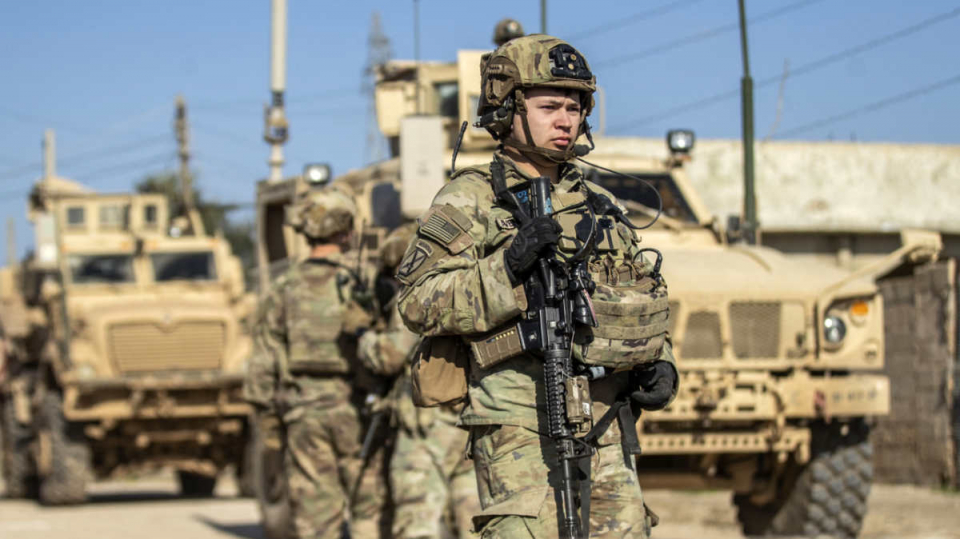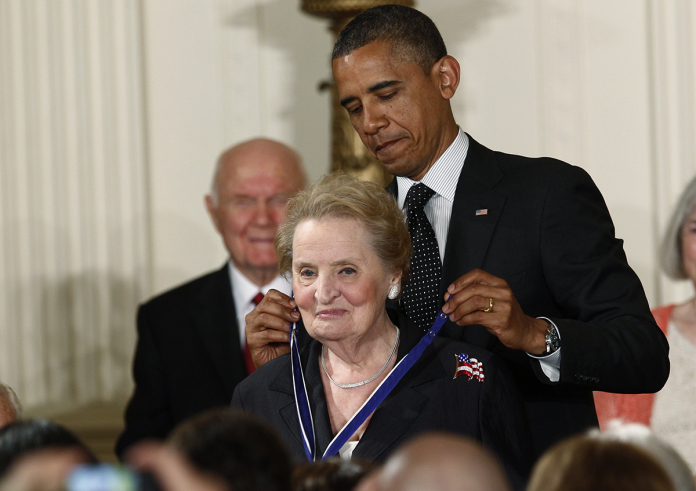According to a report by Middle East Eye (MEE) on March 8th, Kurdish forces aligned with the United States in northeast Syria are apprehensive about a potential withdrawal of US troops, fearing they would be left vulnerable to attacks by Turkey, their historic adversary.
Recent escalations in Turkish airstrikes targeting areas controlled by the Syrian Democratic Forces (SDF) have heightened concerns among Kurdish fighters. Meanwhile, discussions between Washington and the Iraqi government about a possible US troop withdrawal from Iraq have added to the uncertainty.
The presence of approximately 900 US soldiers in northeast Syria, supporting the SDF, is closely tied to logistical assistance provided by US forces stationed in Iraq. A withdrawal from Iraq could necessitate a similar move in Syria.
Mahmoud Meslat, co-chair of the Syrian Democratic Council (SDC), expressed frustration over Turkey's aggression and voiced concerns about the US response. Despite a recent visit by US General Erik Kurilla to the region, Kurdish leaders feel marginalized and vulnerable.
Turkish airstrikes have targeted critical infrastructure in northeast Syria, including power stations, medical facilities, and oil fields, causing widespread disruption and suffering for the local population.
While US-Turkey relations have seen some improvement, with Ankara's approval of Sweden's NATO membership and Washington's green light for F-16 fighter jet sales to Turkey, Kurdish leaders remain skeptical. They fear that Turkey could use these military assets against them, despite assurances from US officials.
Some analysts suggest that a US withdrawal could lead to chaotic consequences for the region. Fabrice Balanche, a Syria specialist, predicts that the SDF may have to negotiate with the Syrian government to secure its survival and access to vital resources.
The partnership between Kurdish forces and the US dates back to 2015 when they joined forces to combat ISIS in Syria. However, the looming prospect of a US exit has raised doubts about the future stability and security of northeast Syria, with Kurdish fighters facing the grim possibility of being caught in the crossfire of regional geopolitics.

















